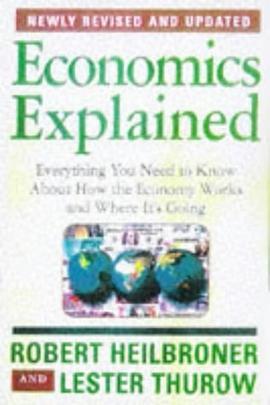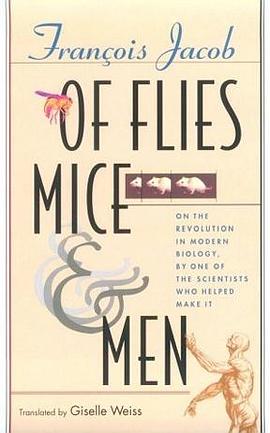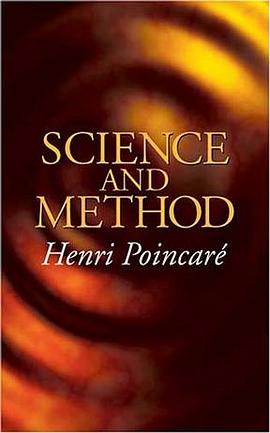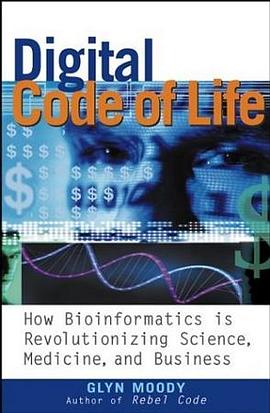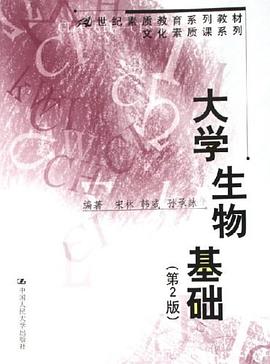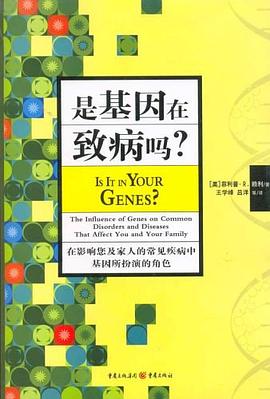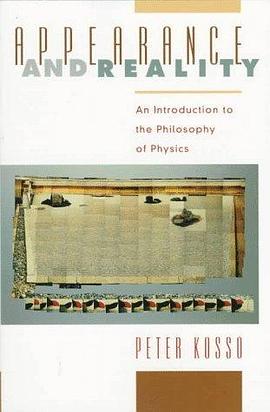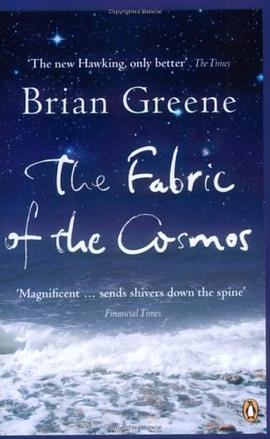

The book argues that Shakespeare’s representations of imagination—the many hallucinations, illusions, and dreams in his works—draw their complexity from the interdiscursive confrontations between early modern faculty psychology and the history of science. During the Renaissance, imagination (also called the fantasy or fancy) was understood as a faculty of the soul, that which creates the phantasms or images needed by the mind to perceive, reason, and recall. The book explores how this psychology of imagination, developed by ancient and medieval philosophers, was disrupted in the sixteenth century by developments in proto-scientific fields such as anatomy, medicine, mathematics, and natural history. Guided by Shakespeare’s plays and poems, different chapters consider different aspects of imagination destabilized during this time—its place in the brain; its legitimacy as a form of knowledge; its pathologies; its relation to matter, light, and nature. In giving aesthetic expression to the epistemological problems surrounding the idea of imagination, Shakespeare made this element of cognitive theory the property of literary art.
具体描述
读后感
评分
评分
评分
评分
用户评价
相关图书
本站所有内容均为互联网搜索引擎提供的公开搜索信息,本站不存储任何数据与内容,任何内容与数据均与本站无关,如有需要请联系相关搜索引擎包括但不限于百度,google,bing,sogou 等
© 2025 book.wenda123.org All Rights Reserved. 图书目录大全 版权所有



